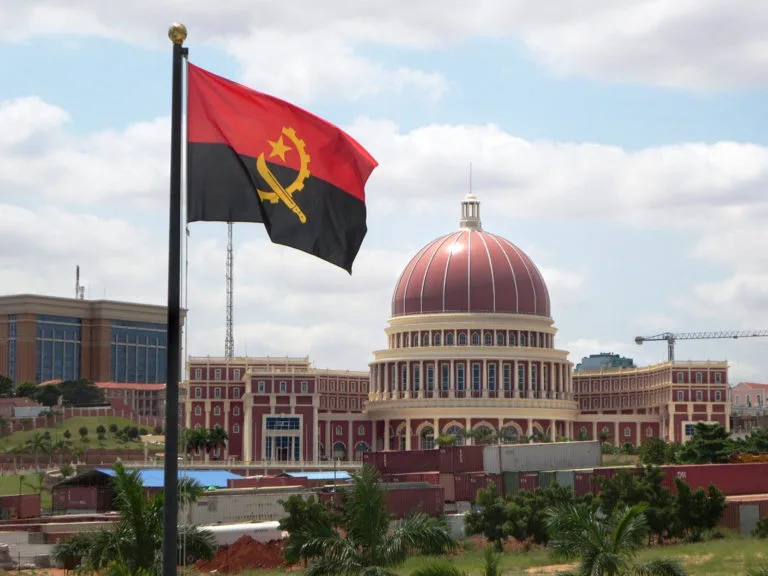Angola’s representative to OPEC announced that the country has rejected the oil production quota proposed by the organization for 2024.
Angola plans to maintain its production goal of 1.18 million barrels per day, challenging OPEC+’s lower suggested limit.
This decision was communicated after the 36th ministerial meeting of the 23-country group.
Estevão Pedro, representing Angola, expressed disagreement with OPEC+’s decision in a statement to the Lusa news agency.
Despite Angola’s data reflecting its production capabilities, OPEC+ set a lower target of 1.11 million barrels per day.
Angola, however, intends to produce an extra 70,000 barrels beyond this limit.
Pedro emphasized Angola’s commitment to its original production target for 2024.

Angola had proposed a quota matching its capabilities and formally conveyed its stance, expecting respect for the sovereignty of member countries.
Angola’s continued participation in OPEC hinges on the organization’s response to its letter. Pedro indicated that Angola’s future actions will depend on OPEC’s feedback.
Pedro also underscored Angola’s role in OPEC for market stabilization, benefitting both producers and consumers.
He advocates for the organization’s acceptance of Angola’s higher production request.
Other OPEC members agreed to production cuts, but Pedro noted that each country’s situation differs.
Angola seeks to produce based on its potential, arguing that the OPEC-assigned quota undervalues its capacity.
Angola had initially requested a higher quota and attempted to negotiate with a slightly reduced target.
Recently, disagreements emerged in OPEC, mainly involving African countries like Angola and Nigeria.
Saudi Arabia and its allies proposed lower production quotas for African nations to increase prices next year, but Angola resisted, aiming to boost its production and oil revenues.

